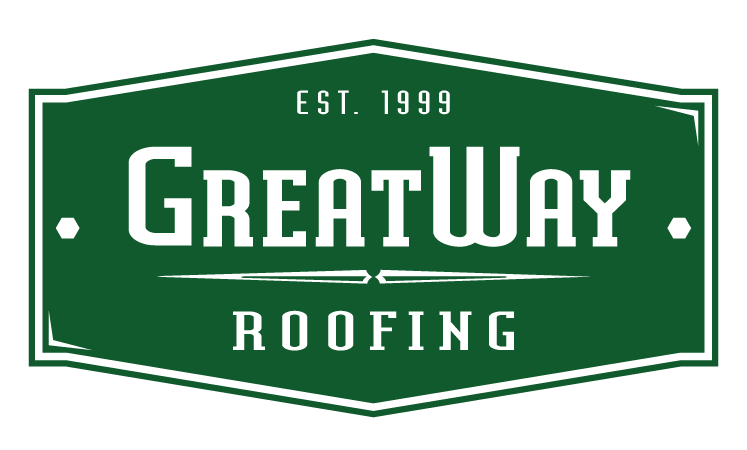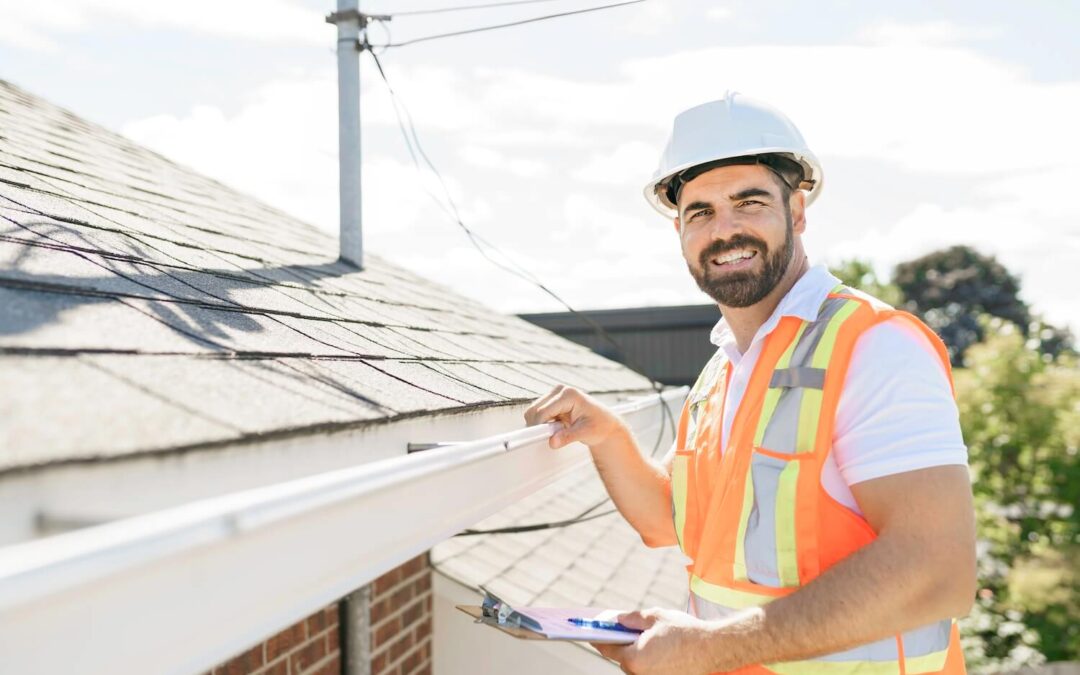When it comes to maintaining the integrity of your home, one of the most critical areas that require attention is your roof. The roof is your first line of defense against the elements, protecting your home from rain, wind, and extreme heat. Regular roof inspections are essential to ensure your roof functions as it should. Still, when it comes to getting your roof inspected, many homeowners face a dilemma: Should they attempt the inspection themselves, or should they hire a professional?
This comprehensive guide will explore the pros and cons of DIY roof inspections versus hiring a professional roofing company to inspect for you. By the end of the article, you’ll better understand which option is best suited to your needs, safety concerns, budget, and desired outcomes.
The Importance of Quality Roof Inspections
Roof inspections are not just about spotting obvious issues like missing shingles or visible leaks. Roof damage often begins subtly and can worsen over time without detection. Many common roofing problems are not immediately visible but left unchecked; they can lead to more significant damage. Roof inspections help identify potential problems early, ensuring you don’t end up with costly repairs down the road.
Some of the common issues identified during roof inspections include:
- Leaks: Small leaks are difficult to detect but can lead to significant damage. Water can seep into your home’s walls, attic, and foundation, causing mold growth, structural damage, and increased utility bills.
Shingle Wear: Due to exposure to the elements, shingles can become brittle, cracked, or curled over time. If this goes unnoticed, it can expose your roof deck to the elements, leading to water damage and other issues. - Blocked Gutters: Debris like leaves and branches can block your gutters, preventing water from flowing away from the roof. This can result in water pooling on the roof, potentially causing leaks and wood rot.
- Flashing Issues: Flashing around vents, chimneys, skylights, and other roof penetrations is designed to prevent water from entering. If the flashing is damaged or improperly installed, it can create entry points for water.
- Ponding Water: If water isn’t draining properly from your roof, it can lead to ponding, weakening the roof structure and causing leaks.
Regular roof inspections can prevent these problems from spiraling into more expensive repairs and help you maintain the longevity of your roof.
DIY Roof Inspections: A Hands-On Approach
What Is Involved in a DIY Roof Inspection?
A DIY roof inspection involves physically climbing your roof or using a ladder to view the roof from a safe distance. Some homeowners may choose to inspect the roof from the ground using binoculars or a drone. A typical DIY roof inspection will focus on the following areas:
- Shingles: Look for cracked, curled, or missing shingles. If you notice any, they’ll need to be replaced to prevent water infiltration.
- Flashing: Check for gaps, cracks, or signs of rust around chimneys, vents, skylights, and other roof penetrations. Damaged flashing can cause leaks.
- Gutters and Downspouts: Ensure the gutters are free of debris and properly directing water away from the house.
- Roof Valleys: Inspect the valleys (where two roof slopes meet) for any signs of damage. This is a critical area for water drainage, and any issues here should be promptly addressed.
- Roof Decking: If possible, check the underside of the roof deck from the attic for signs of water stains or mold. This can indicate a leak on the roof surface.
With the right tools, some basic knowledge, and patience, many homeowners can identify common roofing problems. While DIY roof inspections can certainly save money, they come with a few risks and limitations.
Pros of DIY Roof Inspections
Cost Savings
The primary benefit of conducting a DIY roof inspection is saving money. Hiring a professional roofing company to inspect your roof can be costly, especially for larger or more complex roofs. With DIY inspections, you only need to invest in a ladder, possibly some safety equipment, and the time to do the inspection yourself.
Learning About Your Roof
Regular roof inspections can help you become more familiar with your roof’s structure. Over time, you’ll learn how to spot early signs of damage and better understand what constitutes normal wear versus a more serious issue.
Flexibility
A DIY inspection lets you focus on areas that concern you the most. You can spend more time in places where you’ve noticed problems in the past, such as around roof valleys or flashing, and less time on areas that seem okay.
Cons of DIY Roof Inspections
Safety Risks
One of the biggest concerns with DIY roof inspections is the safety risk. Climbing a ladder or walking on a roof can be dangerous, especially for individuals who are not experienced in working at heights. Slips and falls are common accidents that can lead to serious injuries. Roofs that are steep, high, or have uneven surfaces are especially hazardous for those without proper training or safety equipment.
Limited Knowledge
While you may be able to spot obvious signs of damage like missing shingles or loose flashing, the average homeowner lacks the trained eye of a professional roofer. Roofing experts know where to look for hidden issues such as water damage, structural problems, and poor ventilation. You may overlook these issues, leading to future problems that could have been avoided.
Lack of Equipment
A proper roof inspection often requires specific equipment such as a fall protection harness, binoculars, or even a drone for difficult-to-reach areas. Many homeowners may not have the proper tools to conduct a thorough inspection, which could result in incomplete or inaccurate assessments.
Missed Problems
While DIY inspections can help catch some issues, they’re not always sufficient for identifying all types of roofing problems. Roofs are complex systems, and many issues are not visible on the surface. A professional roofing contractor has the expertise to identify hidden problems such as deteriorating decking, signs of mold, or issues with the roof’s ventilation system.
Professional Quality Roof Inspections: The Expert Approach
Hiring a professional roofing company to inspect your roof offers several key advantages. Here’s a closer look at the benefits of professional inspections.
What Does a Professional Roof Inspection Involve?
A professional roof inspection is far more thorough than most DIY inspections. Roofing experts are trained to evaluate every component of the roof, including:
- Shingles and Roofing Material: The roofer will look for signs of damage or wear and tear, such as cracked shingles, blistering, or moss growth.
Flashing and Seals: Professionals will check all areas where the roof penetrates, such as around chimneys, skylights, and vents, for damaged or loose flashing. - Gutters and Drainage: Roofers will ensure that gutters and downspouts function properly, directing water away from the home.
Ventilation: Proper attic ventilation is essential to maintaining a healthy roof. Roofers will inspect the attic to ensure there’s adequate airflow to prevent moisture buildup, which can lead to mold or rotting. - Structural Issues: A roofer will evaluate the roof’s structural integrity, including the rafters and decking. They may spot signs of sagging or other potential issues that may not be visible to an untrained eye.
Pros of Professional Roof Inspections
Expert Knowledge
Professional roofing contractors have the experience and are trained to identify roofing issues, from visible damage to hidden problems. They know what to look for and where to find it, giving you a comprehensive report on the health of your roof.
Thoroughness
Roof inspectors have the expertise and tools to conduct a thorough inspection. They often cover areas that homeowners may miss, such as the attic or hidden valleys. They examine the roof from every angle to ensure no stone is left unturned.
Safety
Roofing professionals are equipped with proper safety gear, including harnesses, ropes, and fall protection systems, to ensure they can work safely at heights. They are trained to navigate dangerous conditions and perform inspections without putting themselves or others at risk.
Documentation and Reporting
After the inspection, a professional roofing contractor will provide a detailed report, often including photographs, descriptions of the issues found, and recommended actions. This report can be invaluable for future repairs, insurance claims, or when selling your home.
Peace of Mind
When you hire a professional, you’re putting your roof in the hands of experts. This provides peace of mind knowing that a trained professional is ensuring your roof is in good shape, helping to prevent major issues from developing.
Roof Maintenance Conclusion: Which Option Is Right for You?
While DIY roof inspections can be a valuable way to monitor the condition of your roof and catch any apparent issues early, they come with limitations. If you’re looking for a more thorough, detailed evaluation of your roof’s health, especially when it comes to hard-to-spot problems, there’s no substitute for the expertise of a professional. Roofing contractors bring years of experience, advanced knowledge, and the right equipment to ensure every inch of your roof is inspected with precision.
For many homeowners, the peace of mind that comes from knowing their roof has been evaluated by an expert is well worth the investment. Whether planning for routine maintenance or addressing specific concerns, a professional roof inspection can assure that your roof is performing its best, keeping your home safe and secure for years.
Contact a professional roofing service like Greatway Roofing today to schedule an inspection and safeguard your home.

